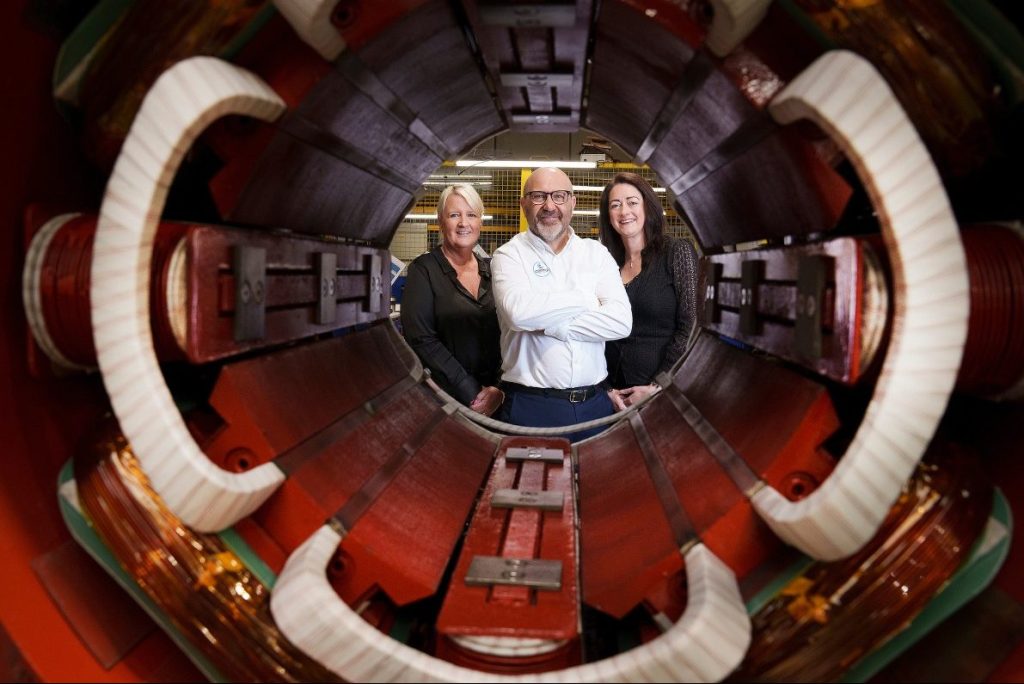Central Group, an electromechanical specialist, has secured £700,000 in funding to enhance its technological capabilities.
This financial boost will support job creation and collaboration with universities, driving innovation in the industrial machinery sector.
The Central Group has recently secured a significant £700,000 funding package from NPIF II-FW Capital Debt Finance. This crucial investment is set to bolster the company’s expansion plans, particularly in job creation and technological advancements. Such financial support is pivotal for small and medium enterprises aiming to remain competitive in a rapidly evolving market.
With this funding, Central Group is poised to create eight new jobs, a substantial boost to the local economy. The investment will also facilitate collaboration with renowned academic institutions such as Liverpool University and Liverpool John Moore University, as part of a Knowledge Transfer Project. This partnership seeks to integrate academic expertise with industry experience to pioneer technological advancements.
Central Group specialises in the supply and maintenance of industrial electric motors, generators, and more. By embracing innovative technology, including AI-driven prognostic systems, the company aims to enhance system diagnostics and maintenance optimisation.
This forward-thinking approach is spearheaded by the Sutton brothers, who have integrated cutting-edge AI algorithms and predictive analytics into the company’s operations. These innovations promise to improve the reliability and performance of mechanical systems significantly.
Since taking the reins in 2001, Shaun and Tim Sutton have transformed Central Group into a leader in the rotating machinery sector.
The company, which was originally founded as a family business, has maintained its core values while embracing modern technology to stay ahead in the industry. Their commitment to innovation is evident in their recent initiatives to adopt advanced sensor technology.
This technology not only predicts machinery failures but also facilitates proactive maintenance scheduling, potentially saving costs and reducing downtime for businesses reliant on industrial systems.
The collaboration with universities aims to blend academic research with industrial expertise, offering insights into system diagnostics and maintenance.
Part of this collaboration includes developing an AI-driven health management system for industrial drives, allowing the prediction of mechanical failures before they occur. Such advancements align with Central Group’s vision of transitioning from a reactive to a proactive service model.
Sue Barnard from the British Business Bank highlighted how the NPIF II funding will help propel the business further, driving local economic growth and creating new employment opportunities.
The funding not only assists in job creation but also fuels technological innovation and regional development.
Central Group’s trajectory sets a benchmark for businesses seeking to integrate advanced technology into their operations.
This initiative exemplifies the synergy between financial investment and industrial innovation, essential for maintaining competitive edge in the global market.
The strategic funding and innovative collaborations mark a promising future for Central Group.
Their commitment to advanced technology and academic partnerships is set to revolutionise industry practices.


